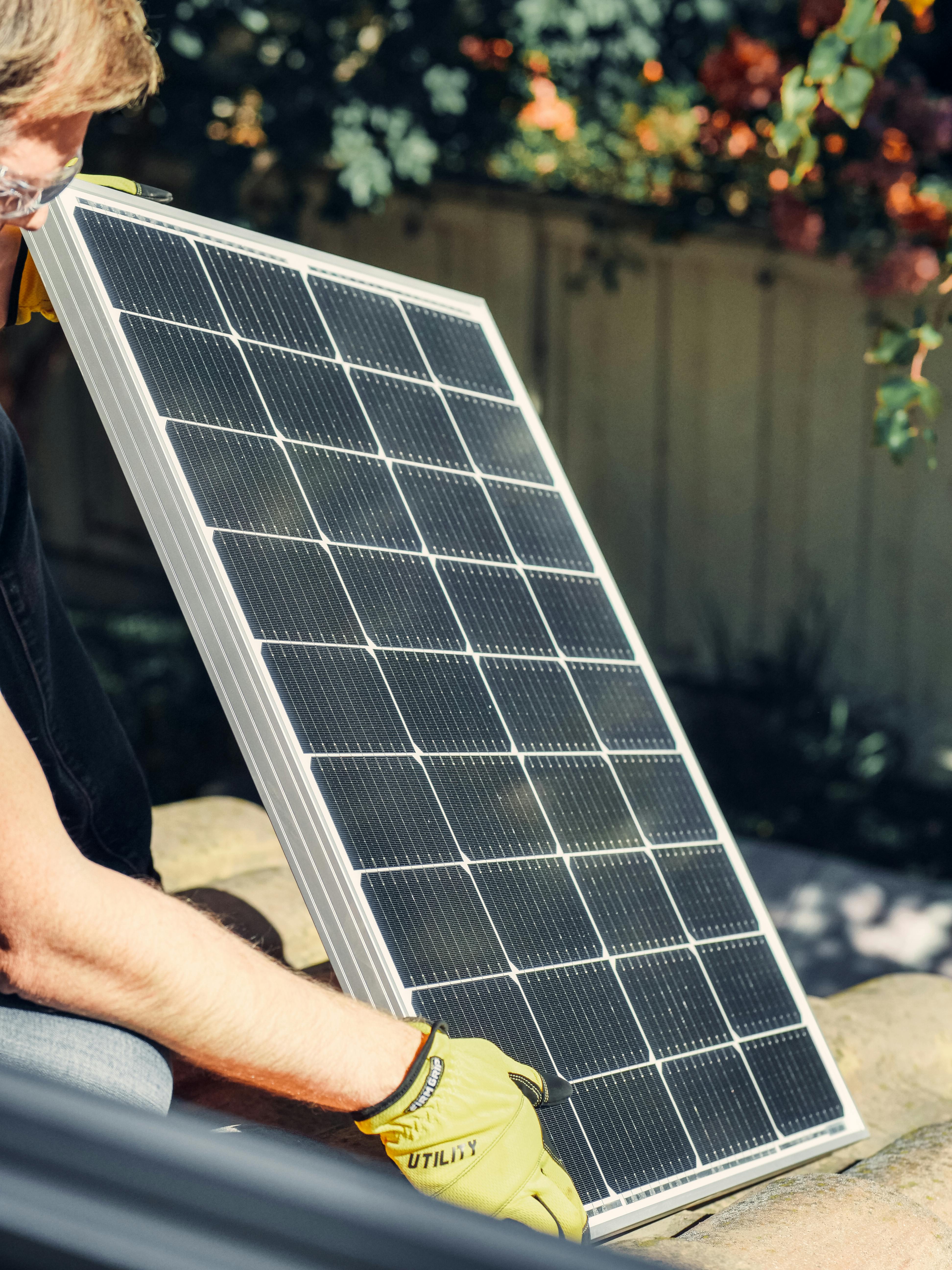
Introduction
Harnessing the power of the sun's rays through solar panels is gaining momentum as a cost-effective, eco-friendly energy solution globally. However, to maximize solar energy production, selecting the right roofing type is critical. This article offers insightful guidance on "Choosing the Ideal Roofing Type for Maximum Solar Panel Efficiency."
Understanding the Relationship between Roofing and Solar Panels
Before delving into the various types of roofs suitable for solar panels, it’s essential to understand the role your roof plays in solar energy efficiency. The material and structure of your roof can significantly impact the performance and effectiveness of your solar panel system. For instance, a roof's direction, angle, and the amount of sunlight it receives directly influence the photovoltaic process encompassing converting sunlight into electricity. Hence, knowing which roofing type is conducive to optimum solar panel performance is imperative for any homeowner considering going solar.
The Ideal Roof Characteristics for Solar Panels
It's not all about the materials; other roof characteristics are equally important in determining solar panel efficiency. These include:
1. Roof Direction: In the northern hemisphere, south-facing roofs are ideal as they receive maximum sunlight throughout the day.
2. Roof Pitch: The pitch or angle of your roof also matters. For the UK, a pitch of around 30-40 degrees is preferred to capture maximum sunlight.
3. Sun Exposure: The amount of sun exposure your roof gets daily directly impacts energy production. The absence of shade from trees or other buildings is ideal.
4. Roof Area: Larger roofs provide more area for solar panel installation which aids in generating more electricity.
5. Roof Lifespan: Since solar panels have a lifespan of around 25-30 years, your roof must have a similar longevity to avoid dismantling the setup for roof replacements.
Which Types of Roofing are Ideal for Solar Panels?
Certain roofing types are more beneficial for installing solar panels and ensuring optimum efficiency, including:
Metal Roofs: Metal roofs are the gold standard for solar panel installation. Their long lifespan, high durability, and easy installation process make them highly compatible with solar panels. They also provide excellent support for the panels and don't require any 'penetrations' for installation, preserving the roof's integrity.
Flat Concrete Roofs: Though not typical in residential buildings, flat concrete roofs are commonly found in commercial spaces. They provide a sturdy structure for installing solar panels. Additionally, with concrete roofs, it's easier to adjust the panels' angle for maximum sun exposure, regardless of the direction the roof faces.
Composite or Asphalt Shingle Roofs: A favourite among UK homeowners, composite or asphalt shingle roofs also pair well with solar panels. They allow for easy installation and provide a robust and reliable structure for the panels. However, as they have a shorter lifespan than metal or concrete, it's crucial to ensure the roof is relatively new before installing solar panels.
Conclusion
Choosing the right roofing type for solar panel installation is as crucial as selecting the panel type itself. While metal, flat concrete, and shingle roofs are considered ideal, other factors such as roof direction, pitch, sun exposure, area, and lifespan also play significant roles. A well-chosen, properly maintained roof paired with an efficient solar panel system can significantly reduce electricity bills and contribute towards a sustainable future.
With this insightful guide, making an informed decision about the ideal roofing type for maximum solar panel efficiency becomes much easier. Giving due consideration to all the factors discussed will ensure your move towards solar energy is a smooth and profitable venture.